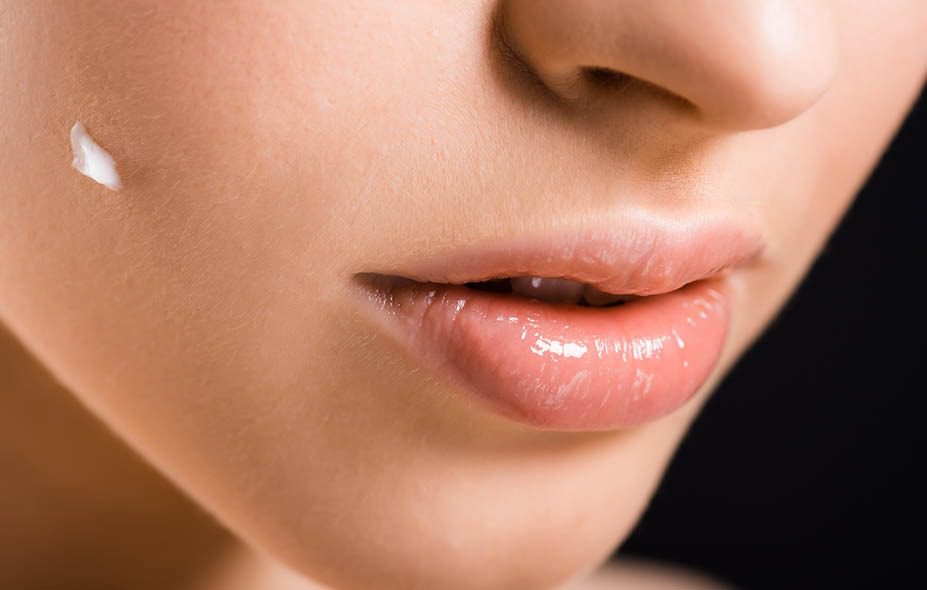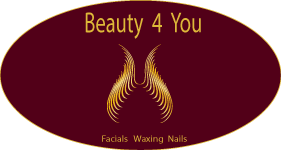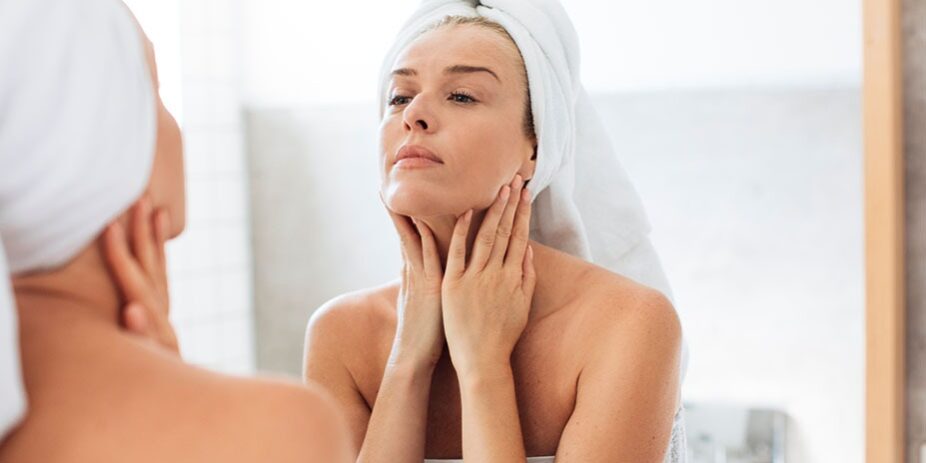How to protect the skin barrier?
A good skincare routine is aimed at improving and protecting the health of your skin. Cleansers remove pore-clogging makeup, sweat, and other impurities while exfoliators dig a little deeper, helping remove dead skin cells to improve the skin’s clarity. Toners provide a boost of hydration while serums deliver focused benefits to address specific skin concerns.
All of these products can certainly be beneficial, but one of the best things you can do for your skin is build and maintain a strong skin barrier. The skin barrier is a light, protective film that helps keep harmful things out and helpful things in.
Here’s what you need to know about the skin barrier, what purpose it serves, and how best to protect it.
What Purpose Does the Skin Barrier Serve?

If you’ve done any research about proper skincare or shopped around for products, you’ve probably heard the term “skin barrier” thrown around. It may sound like some complicated thing, but it’s simply the term for the protective film on top of the outer layer of skin cells (the stratum corneum of the epidermis). It protects you by keeping bacteria and other harmful substances from penetrating the skin while keeping good things like moisture in. The technical name is the hydrolipidic film.
The hydrolipidic film or skin barrier protects your skin from concerns like irritation, inflammation, and environmental stressors like pollution and free-radical damage. You can’t have healthy skin without a healthy barrier.
The skin barrier itself is mainly composed of water, perspiration, sebum (oil), and epidermal lipids, and covers the skin’s surface. Your skin barrier is essential for ensuring skin suppleness, as one its primary function is to retain water at the skin’s surface and to prevent it from dehydrating. Your barrier also works in tandem with the skin’s microbiome (your natural ecosystem of microbes) to fight pathogens and strengthen the skin’s immunity and is supported by functions of the epidermis.
Tips for Protecting the Skin Barrier

The skin barrier always exists, but it can easily be compromised. Overexposure to the sun’s UV rays is a major factor as well as exposure to pollution. The skin barrier can also sustain physical damage from harsh skincare ingredients or over-exfoliation. Even things like genetics and aging can affect your skin’s ability to retain moisture.
Here are a few signs that your skin barrier has been damaged:
- Dry skin
- Flakiness
- Increased sensitivity
- Redness or inflammation
- Itchy skin
- More frequent skin infections
While certain things that negatively affect your skin barrier are out of your control, there are a few things you can do to minimize the damage. Avoid skincare products made with sulfates and other synthetic ingredients and quit using harsh exfoliators (or exfoliating too often).
Your skin barrier is going to become damaged from time to time. If you start to experience some of the symptoms above, you’ll know it’s time to do some damage control. The most important factor is rebuilding your skin’s ability to retain moisture. Applying moisturizer can help hydrate the skin, but if your skin can’t hold onto that moisture the benefits will only get you so far.
It’s best to use a combination of humectants and emollients in your products. Hyaluronic acid and glycerin are humectants which pull water molecules from the upper layer of skin into the lower layers to provide deep hydration and protection against moisture loss. Emollient ingredients soften the skin and are lipids like plant oils, fatty acids, or butters. Moisturizers should be part of your routine as well, as can hydrating serums and masks.
At this point, you may be wondering how long it takes to repair damage to the skin barrier. It all depends on your skin type and the degree of damage. If you simply exfoliated a little too much, your skin should bounce back in a week or two. If you’ve been aggressing your skin with harsh skincare products for months, however, it could take just as long for it to heal.
The best way to boost the skin’s defenses against environmental aggressors, aging, and moisture loss is to keep the skin as healthy as possible. Strong circulation supplies the skin with essential nutrients while the right skincare products add a layer of protection.
If this is something for you please talk to your local estethician regarding suitable facial treatments or assisting products for self care.


















